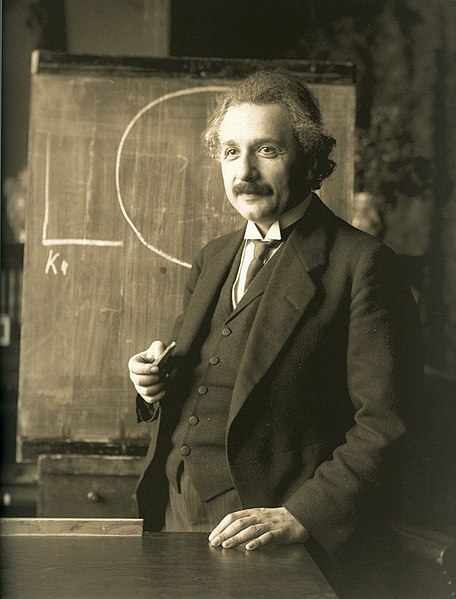
Milton Friedman was born 104 year ago while Friedrich Hayak was born 117 years ago. Yet their teaching are still relevant today.
Friedrich Hayek’s work with the Mont Pèlerin Society, an international association founded by him in 1947 and later led by Milton Friedman, was concerned about systemic problems with capitalism rather than stopping the interventionist state. Yet Hayek rather than Friedman has been mentioned more by conservatives since the Great Recession of the late 2000s.
Here is an explanation as to why from Angus Burgin, author of The Great Persuasion: Reinventing Free Markets since the Depression:
An essential difference between Hayek and Friedman here was that Hayek was in many ways a dark thinker. If you read Hayek in the 1930s and 1940s, the thinks the world is coming apart. Certainly Hayek’s response to the Great Depression was not one that imbued with a great deal of optimism. He thought that to a certain extent you just have to wait things out; if you try to intervene to solve the problem you’ll only exacerbate it.
Whereas Friedman was this tremendous optimist. Friedman was always emphasizing–he said that what Hayek and Robbins got wrong when they were responding to the Great Depression was precisely that: that they said you shouldn’t do anything. He thought that part of what he was doing in monetary theory was to try to come up with a way to say that there was a solution, something that could be done that would prevent this kind of problem. A kind of counternarrative to Keynes. And he always emphasized–instead of dwelling on the catastrophic situation that the world was in, he always emphasized the ways in which those catastrophes could be solved by the market.
And so when you reach this moment of deep pessimism that I think a lot of people associated with organizations like the Tea Party felt, Hayek in many ways feels more consonant with that set of views. His chiliastic tones align with the perspective that a lot of market advocates have in the present day. In that sense it’s not surprising at all that there’s kind of a revival of Hayek.
At the same time, I would say to them that precisely what made Friedman so influential in the public sphere was that sense of optimism. I make an argument in the book that Friedman was in many ways the rhetorical underpinning of Reaganism, that a lot of Reagan’s messages about the benefits of the market were derived from rhetoric that Friedman had developed. And so in emphasizing this dark perspective that can be very powerful among subsets of people who agree with that perspective but in the end can limit the public influence of a group in a broader political environment that in difficult times is looking for optimistic solutions rather than expressions of despair.
“The curious task of economics is to demonstrate to men how little they really know about what they imagine they can design.” Friedrich Hayek – The Fatal Conceit






 Where does that leave US in Friedman’s eyes?
Where does that leave US in Friedman’s eyes?
 A Tech Travel Agent can get a
A Tech Travel Agent can get a 
 Friedman would advise that Obama go on a strict diet.
Friedman would advise that Obama go on a strict diet.